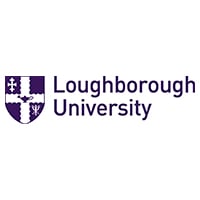Hybrid Machining of Metal Matrix Composites – A Multi-Material, Multi-Scale Approach
Position Details (PhD Program)
Metal matrix composites (MMCs) offer superior strength-to-weight ratios, making them ideal for aerospace and automotive applications. Learn more at Hybrid Machining of Metal Matrix Composites – A Multi-Material, Multi-Scale Approach from the Loughborough University.
Key facts of the Hybrid Machining of Metal Matrix Composites – A Multi-Material, Multi-Scale Approach Hybrid Machining of Metal Matrix Composites – A Multi-Material, Multi-Scale Approach programme offered by Loughborough University Loughborough University
However, machining MMCs is challenging due to the contrasting properties of the metal matrix and the hard ceramic reinforcements.
Conventional machining often leads to rapid tool wear, poor surface finish, and machining-induced damage which is hard to avoid.
In this project we develop an optimized hybrid machining process for MMCs, combining two or more unconventional machining techniques to address the limitations of conventional methods.
This research will employ a multi-material, multi-scale approach for improved machinability and minimal surface damage. We will pay particular attention to the carbon footprint of the machining process and ensure the machined product is sustainably manufactured.
Curriculum:
- Here, we will perform experiments using a unique Hybrid-Hybrid machining setup using a multitude of external conditions to significantly enhance the machining process and outcomes.
- We will complement this with numerical modelling studies incorporating the micro-scale properties of the material and the specific conditions of the machining process. We will use the modelling techniques to determine the optimised machining conditions to ensure the sustainability of the machined product.



 Loughborough University
Loughborough University